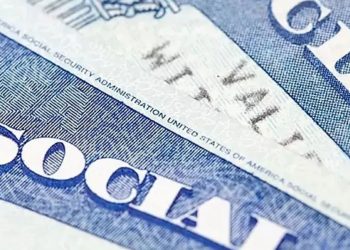As federal student loan collections resume under the Trump administration, many older or disabled borrowers may find themselves financially squeezed. A shift in policy is rolling back key protections previously offered under the Biden administration, allowing the government to withhold more from Social Security checks, even from vulnerable populations.
End of COVID-Era Protections
During the COVID-19 pandemic, the federal government paused most student loan collections, including garnishments from Social Security benefits. This pause was part of broader efforts to cushion the financial blow of the pandemic on households. Under President Biden, the Department of Education took further steps to protect older Americans by setting a minimum Social Security benefit amount of $1,883 per month for borrowers in default—an amount equal to 150% of the federal poverty level.
Return to a 1996 Policy Standard
Now, the Trump administration has reversed that safeguard. According to the Department of Education, the policy is reverting to an older standard established in 1996, which permits garnishment of up to 15% of a person’s monthly Social Security check, as long as $750 remains after the deduction. This decades-old threshold has never been adjusted for inflation and no longer reflects modern cost-of-living realities.
Impact on Older and Disabled Borrowers
This change is expected to hit older and disabled Americans the hardest. Many of these individuals depend on Social Security as their primary or sole source of income. With rising prices for essentials like food, rent, and medical care, surviving on just $750 a month is becoming increasingly unrealistic. Critics argue that reverting to such an outdated policy effectively forces the most financially fragile Americans to shoulder the burden of student loan debt accumulated decades ago.
A Sharp Policy Reversal
The shift in garnishment policy reflects a stark departure from the previous administration’s focus on borrower relief. While the Biden administration aimed to prevent the poorest borrowers from falling into deeper poverty, the new approach prioritizes debt collection over economic stability for retirees and the disabled.
Calls for Reform
Advocates for seniors and low-income Americans are calling for urgent reform. Many argue that the Social Security garnishment threshold should be adjusted to reflect inflation and current economic conditions. Others believe student loan debt should not be collected from retirees at all, especially when it leaves them with income far below the poverty line.
Conclusion
As the federal government resumes collecting on defaulted student loans, the decision to revert to outdated garnishment rules raises serious concerns. Without updated protections or legislative changes, many older Americans may face a stark choice between paying for basic needs or repaying loans they can no longer afford.











